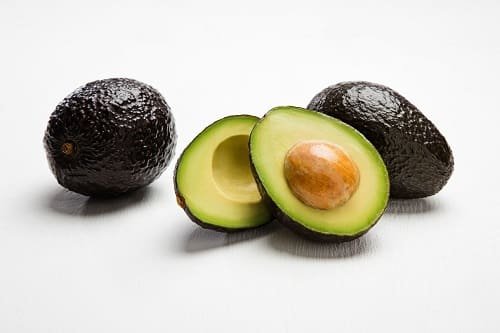According to the National Family Health Survey (NFHS-5), 23% of men, 24% of women have high BMI, 3.4% of children under 5 are overweight.
“Studies have shown that avocados can help lower cholesterol and reduce the risk of cardiovascular diseases,” says Zac Bard, Chairman of World Avocado Organization.
“Obesity is a major health concern in India thanks to our sedentary lifestyles and faulty dietary habits. Incorporating avocados into the Indian diet can help combat this epidemic. The combination of fiber, healthy fats, and nutrients in avocados contributes to higher satiety and better nutrition, and these, in turn, can aid in weight management,” says Kavita Devgan, a leading dietitian, holistic health consultant, and an eminent writer.
It is more important than ever to remember that obesity continues to be a global cause for concern, with 1 in 5 women and 1 in 7 men forecasted to be living with obesity by 2030, according to the World Obesity Federation.
Fighting Obesity with Avocados
Although it is widely observed that the risk level of becoming obese can be triggered by various factors such as genetic disorders and low physical activity, experts identify having an unhealthy diet as also one of the main causes of obesity. One way to make healthier food choices is to increase the consumption of foods like fruit and vegetables and decrease the intake of foods high in sugars and saturated fats, having a healthier diet filled with unsaturated fats, vitamins and minerals.
The World Health Organization (WHO) recognises obesity as a complex disease with health consequences and is linked to chronic conditions such as type 2 diabetes, cardiovascular diseases, high cholesterol levels and high blood pressure. The WHO observes that obesity continues to be a public health concern as the number of people who have obesity or are overweight continues to rise around the world.
Avocados are jam-packed with essential minerals, bioactive compounds and C, E, K and B-group vitamins that improve human health and help to prevent many diseases such as metabolic syndrome (a combination of diabetes, high blood pressure and obesity). Avocados supply more energy per kilogram than many other fruits and vegetables and contain high amounts of vitamins B, B2, B3 and B5 which help the body to break down and release energy from food. They are also low in sugar, have a low glycemic index (GI) and contain more potassium gram for gram than bananas!
A standard serving of avocado may be just around 80 calories, but it contains a high amount of unsaturated fats that are widely considered to be beneficial to human health. Just one small portion of this unique fruit contains a whopping 5g of monounsaturated fats and 1g of polyunsaturated fat. These fatty acids can help reduce LDL cholesterol levels in the blood, which in return helps to reduce the risk of cardiovascular diseases such as heart attacks and strokes.
In a 2022 study conducted by the Journal of the American Heart Association, it was found that replacing a half serving of foods high in saturated fats (such as margarine, butter and cheese) with the equivalent amount of avocado was associated with a 16%-22% lower risk of cardiovascular disease. In addition, a series of studies, supported by the Avocado Nutrition Center, not only found that eating avocados can contribute to weight management and effectively increase the feeling of satiety after mealtime, but that it was also linked to a lower risk of becoming overweight or obese.
*Obesity is usually defined as having a body mass index (BMI) of 30 or above. BMI between 25 and 30 is classified as ‘overweight’.
About the World Avocado Organization
The World Avocado Organization is a non-profit organisation founded in 2016 whose members are avocado growers, exporters and importers from around the world – including the top four grower supplier countries to the EU and UK. The World Avocado Organization promotes the consumption of avocados based on their nutritional value and recognised health benefits. It also shares information and insights on avocado production, supply chains and sustainability with the public.

